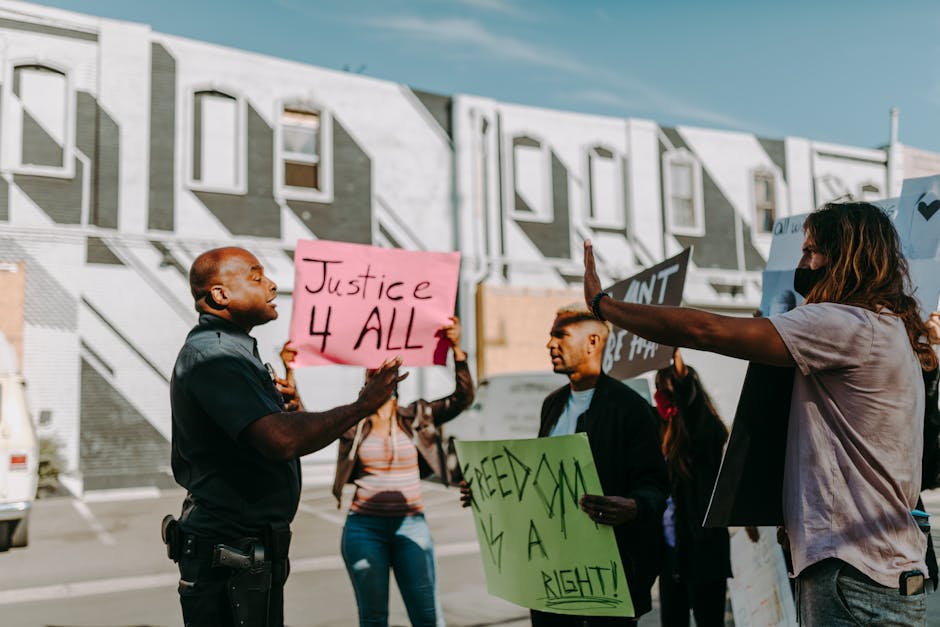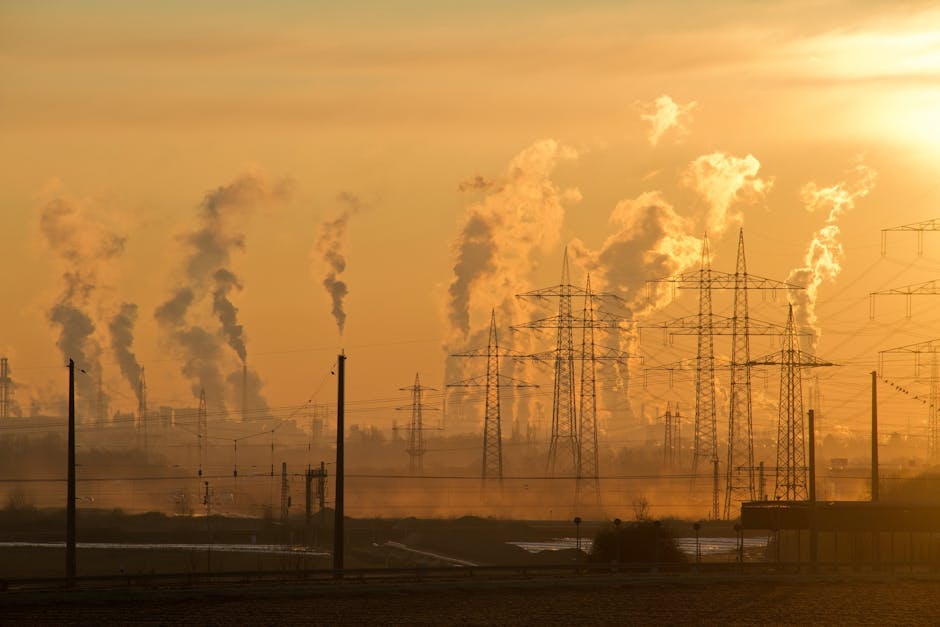Trump’s Bold Claim: Did He Really Stop a War?
Former US President Donald Trump has once again asserted that he played a critical role in preventing a potential conflict between India and Pakistan. Speaking at a recent rally, Trump claimed he intervened to de-escalate tensions between the two nuclear-armed neighbors.
“They were ready to go, and I said, ‘No, no, no. This is not going to happen,'” Trump declared, reigniting debates about the accuracy of his statements and his actual involvement in the situation.
The Backdrop: India-Pakistan Tensions
India and Pakistan have a long history of conflict, primarily over the disputed region of Kashmir. Tensions peaked in February 2019 after a suicide bombing in Pulwama killed 40 Indian paramilitary personnel. India blamed Pakistan-based militant group Jaish-e-Mohammed and retaliated with airstrikes. Pakistan responded by shooting down an Indian fighter jet and capturing its pilot, bringing the two nations to the brink of war.
Trump’s Role: Fact or Exaggeration?
Trump has repeatedly claimed his intervention was pivotal in averting a full-scale war. In 2019, he stated that then-Pakistani Prime Minister Imran Khan thanked him for his efforts. However, Indian officials have consistently denied third-party involvement, emphasizing that the crisis was resolved through bilateral talks.
Critics argue that Trump’s claims are overstated, with analysts suggesting he may be using the situation to bolster his image as a global peacemaker.
Reactions from India and Pakistan
India has dismissed Trump’s assertions, with former Foreign Secretary Vijay Gokhale stating there was “no third-party mediation.” Pakistan has not confirmed Trump’s role, though Imran Khan acknowledged the importance of international pressure in de-escalating tensions.
Experts note that while the US has historically moderated India-Pakistan relations, Trump’s claim of single-handedly preventing war is an oversimplification. “The de-escalation involved multiple factors, including diplomatic backchannels and mutual recognition of the risks,” said Dr. Harsh Pant, a foreign policy analyst.
Broader Implications for South Asia
Trump’s comments come amid ongoing tensions between India and Pakistan, with sporadic violence in Kashmir and limited diplomatic engagement. His remarks also underscore the complexities of US foreign policy in South Asia, where Washington balances strategic ties with India and engagement with Pakistan on counterterrorism.
While Trump’s claims may resonate with his supporters, they have little impact on the ground. The India-Pakistan conflict remains a deeply entrenched issue, requiring sustained dialogue and trust-building—not rhetoric.
The Path Forward
As debates over Trump’s role continue, one thing is clear: lasting peace in South Asia demands cooperation and diplomacy, not claims of individual heroism. Trump’s assertions highlight the fragility of India-Pakistan relations and the need for international efforts to prevent conflict in this volatile region.




